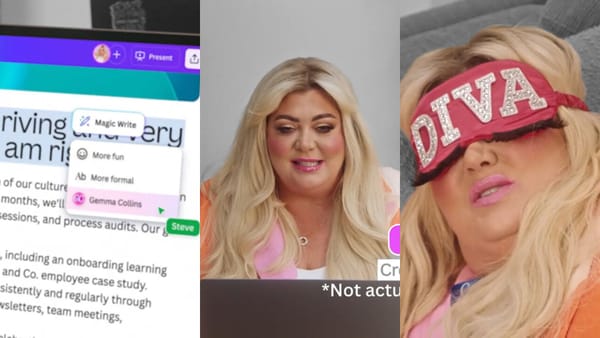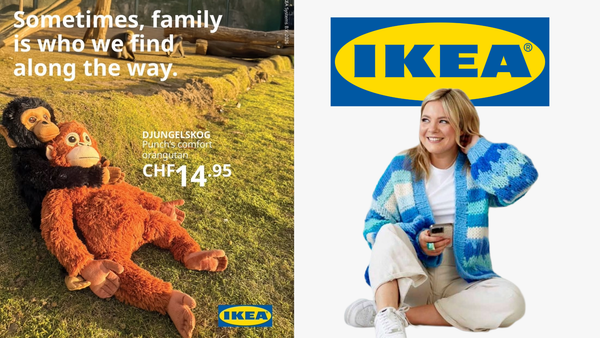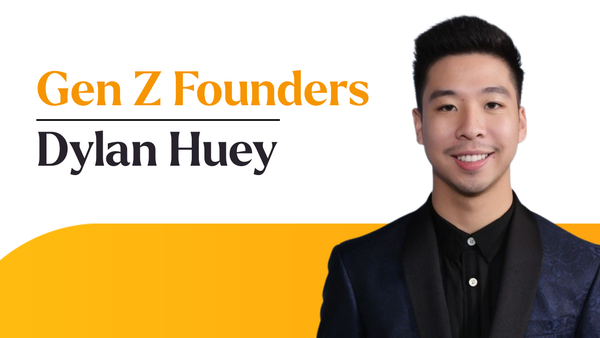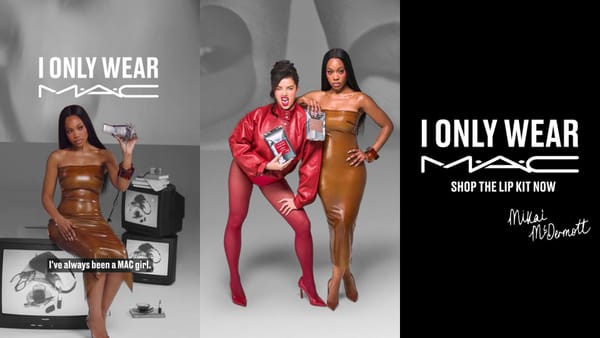With Q-83 a headline sponsor at the Influencer Marketing Show, we thought it best to catch up with the managing director, Anthony Richardson ahead of the two-day event next week. We discuss the likes of influencer fraud, metrics and what he is looking forward at the show.
It is great to have you as a headline sponsor at this year’s Influencer Marketing Show. As it’s your first time at the show, what are you most excited about?
Since we attended the show last year as delegates the conversation has moved quickly from avoiding influencer fraud to the steps we can take to professionalise the space. We’re excited to see how everyone is tackling this and how we work together to help the channel thrive.Can you explain what Q-83 does and what you are doing to help the space evolve?
Q-83 allows influencers to share live media kits that are linked directly to Instagram’s insights. By sharing 100% accurate performance and demographic insights with brands in real-time, both parties can build long-term, profitable relationships built on trust and transparency.You’re presenting a session all about how the live media kit is changing the way we measure influence and the way creators do business. Can you tell us more about the live media kit?
Up until now, marketers have relied heavily on third-party platforms to provide insight into an influencers’ audience and its authenticity. Since Facebook’s privacy changes to its API last year, accurate data is impossible to get without influencers opting in and because of that, they are often misrepresented on other platforms. The live media kit and opt-in platforms more broadly give influencers the opportunity to share the true value of their audience and its authenticity for themselves, just like publishers across traditional channels have the opportunity to do.Influencer fraud is an ongoing issue within the industry. What ways do you think data transparency will change influencer marketing?
Across all forms of traditional publishing like print and digital there has come a point where in order to be positioned as credible and professional, publishers have opted-in to share accurate and transparent data with independent third parties. For influencer marketing to thrive, influencers will need to adopt similar practices to what we’ve seen across these other channels. Up until now, influencers have not been treated as publishers. Data transparency is a crucial step in building the professionalism it needs to get there.What metrics should brands be looking at to gauge the success of a campaign?
There is no one metric. Brands engage influencers for different reasons, content creation, publishing or influence. The metric used to determine success will depend on the reason you engage them in the first place. For awareness, you might measure reach, for content creation you might measure their ability to turn content around quickly or the quality of their content production, and for influence, you might measure shares or replies. The key is engaging influencers who will drive the outcome you want.How can we start to hold influencers to the same standards as traditional advertisers and why is it so important the industry does so?
When we look to run a double-page spread in The Sun or a homepage takeover through their digital channels they transparently share key metrics you need to make commercial decisions such as readership, demographics, viewability and performance metrics. We probably wouldn’t run these ads without these insights. A lot of influencers act as social publishers and as such, there needs to be a standard level of data that is shared before the campaign goes live either directly or through a third party. Understanding that these insights exist and knowing how to get them will allow marketers to forecast and measure success the same way they do in print and digital.Finally, what industry developments do you hope to see in 2020?
I hope to see the sell side of the industry adopt the level of professionalism that exists in digital advertising. I also think it’s important industry bodies create best practice guidelines on what information must be shared e.g. true reach, engagement, audience demographics, etc. and have consistent definitions for all terminology within the industry. Australia has recently set up the Australian Influencer Marketing Council (AimCo) in order to develop the above.Catch Anthony’s session at the Influencer Marketing Show on Day 2 and make sure you’re at Q-83’s workshop. You can purchase a ticket for the workshop here.








